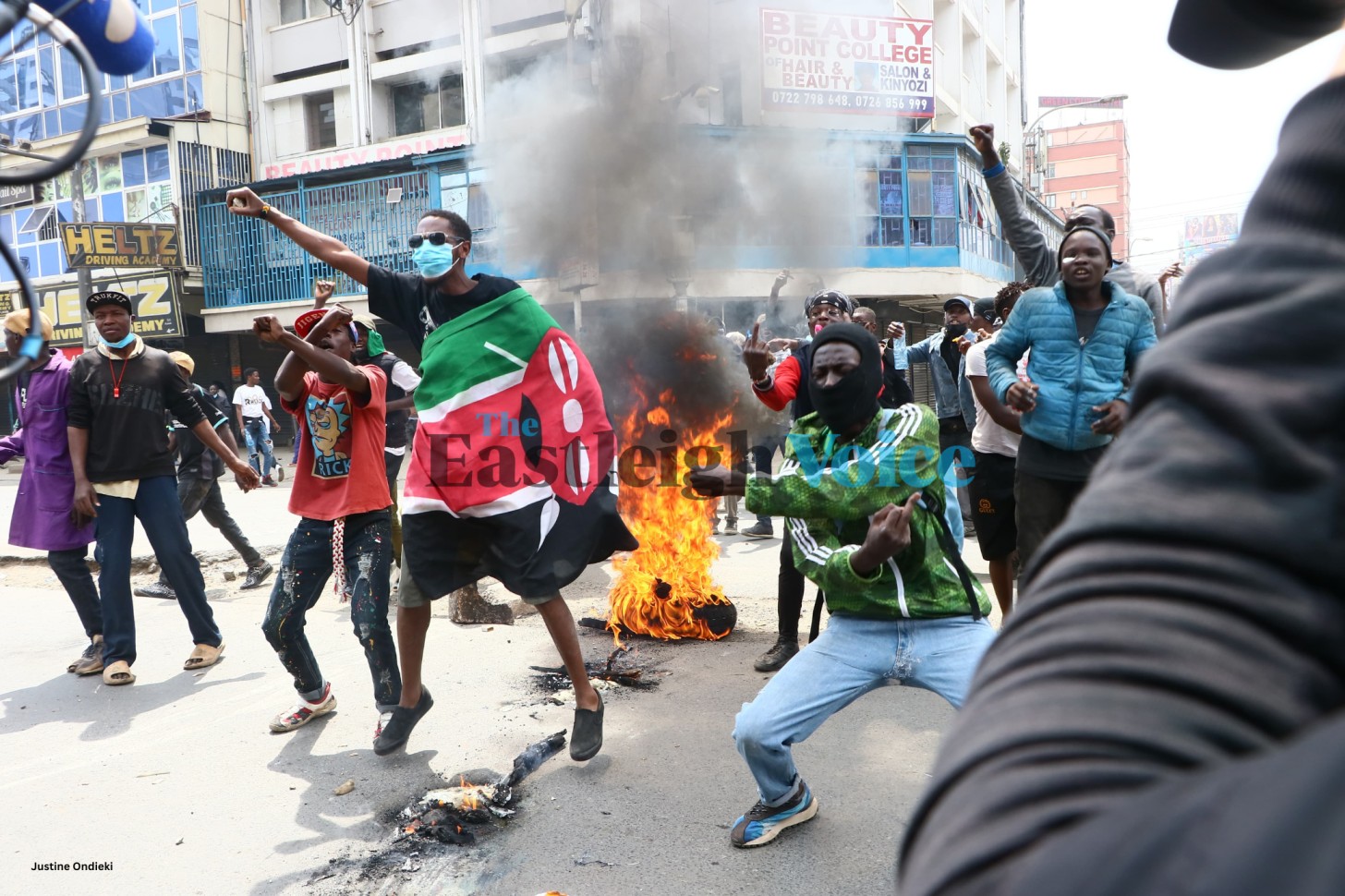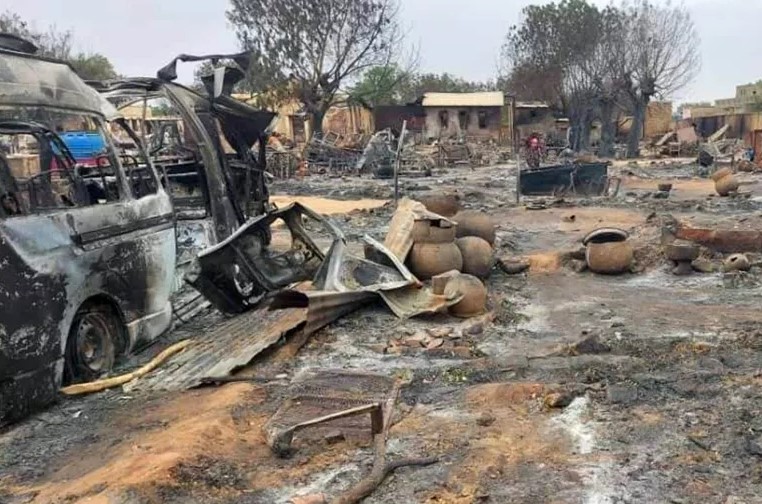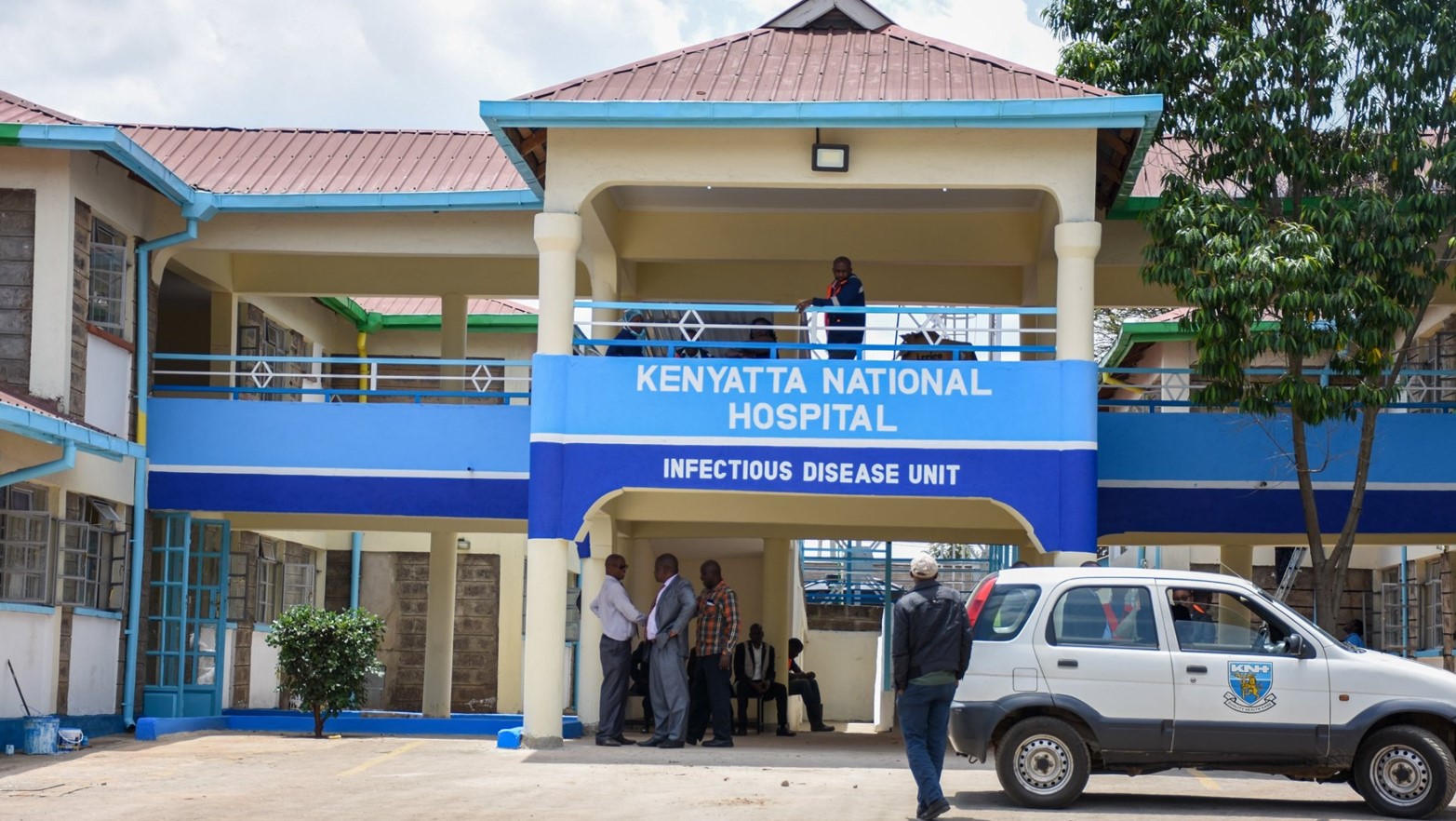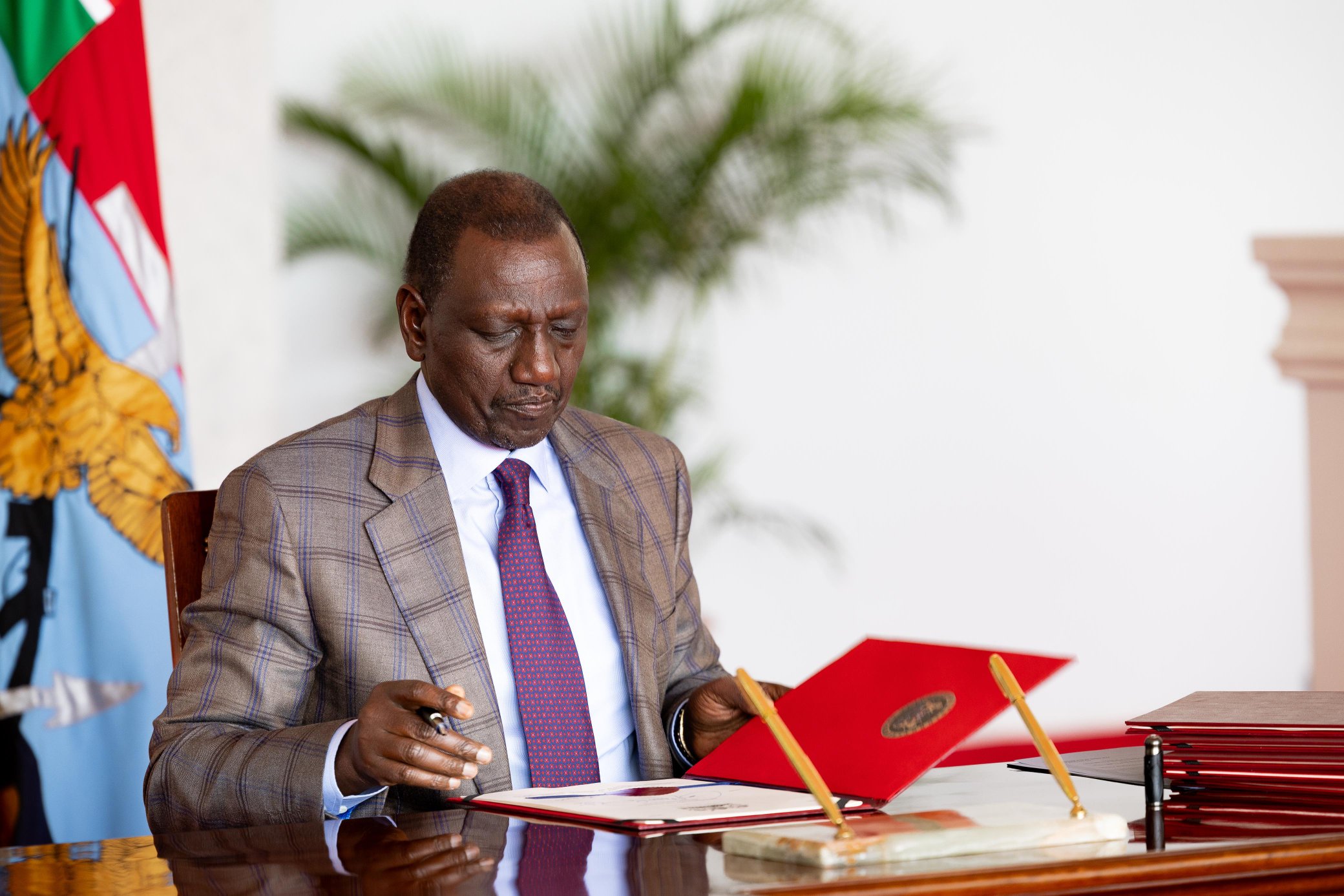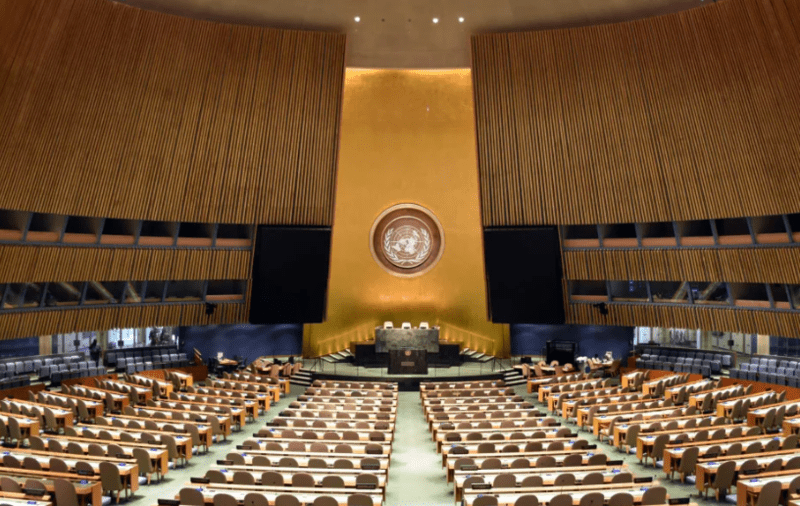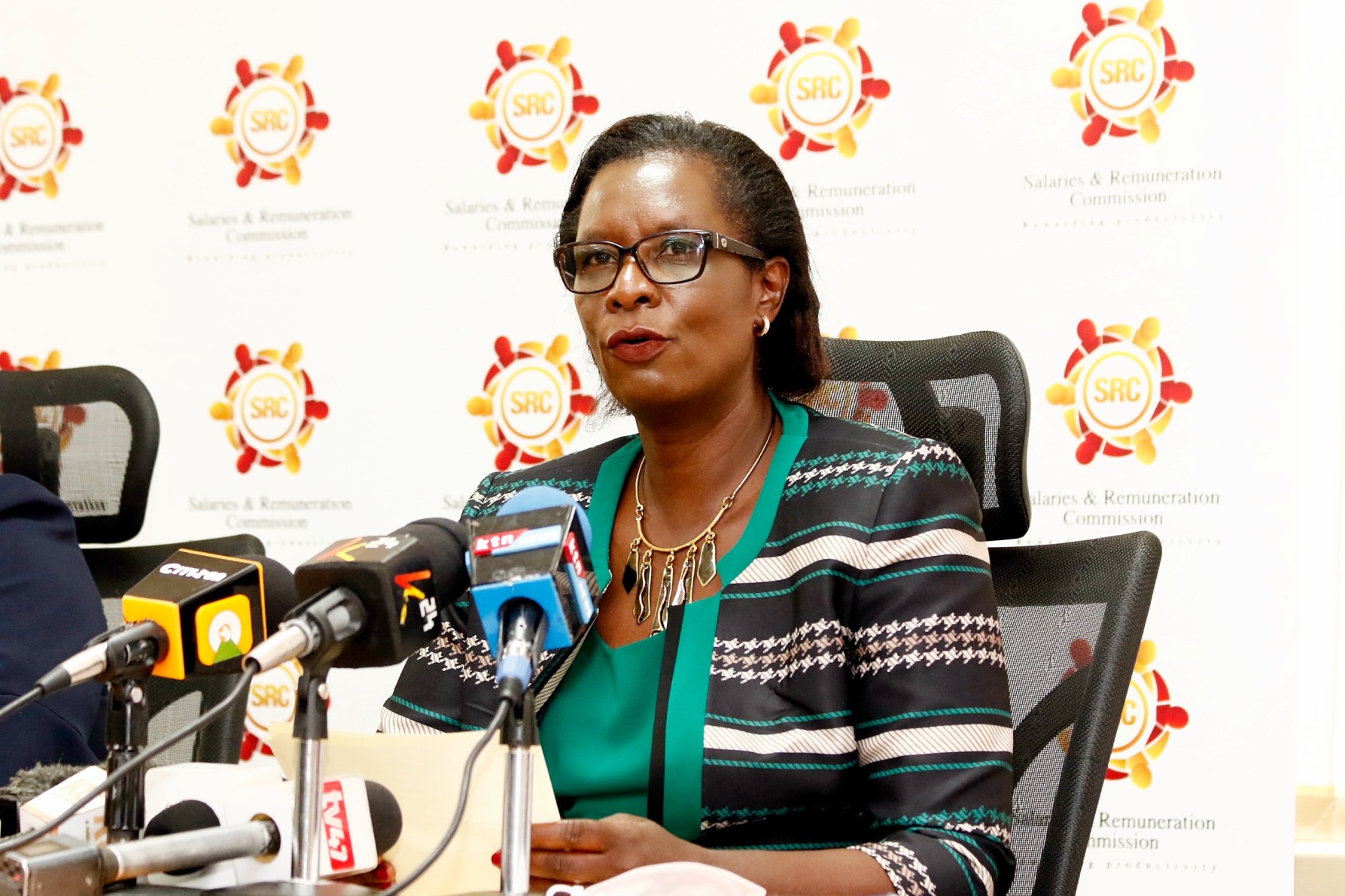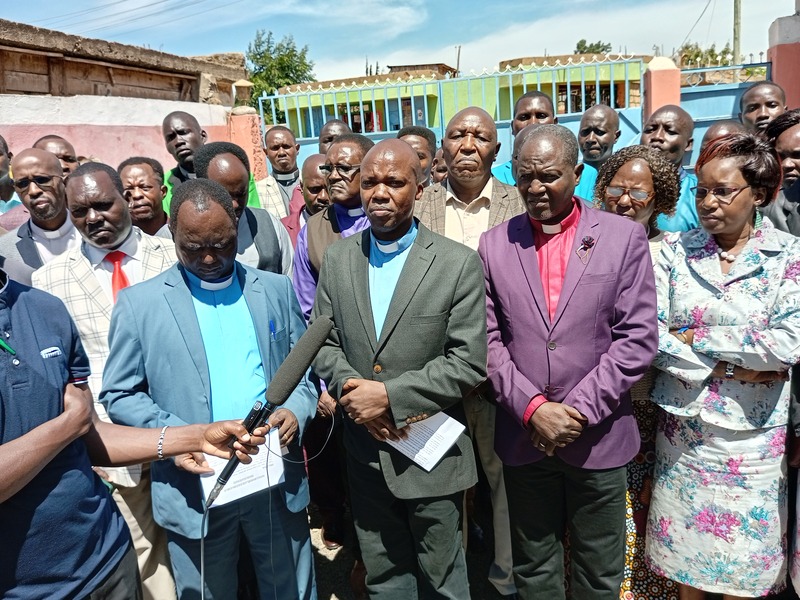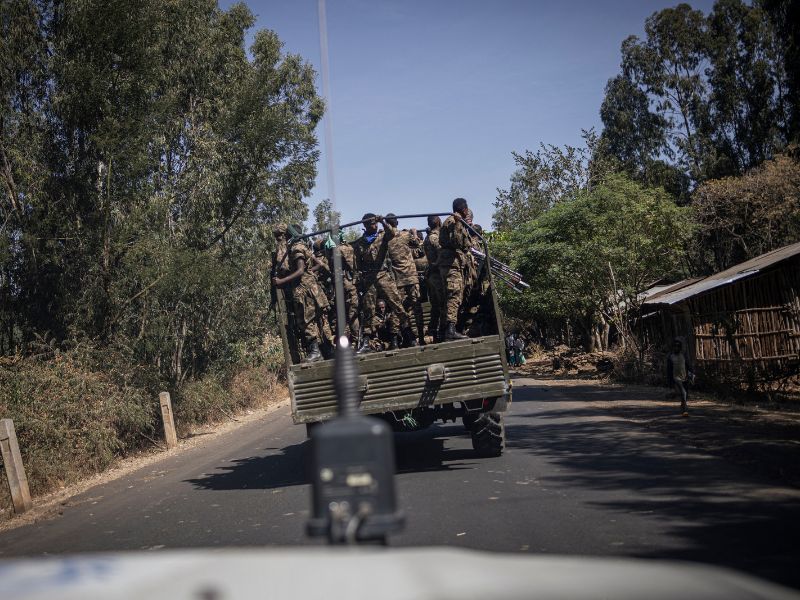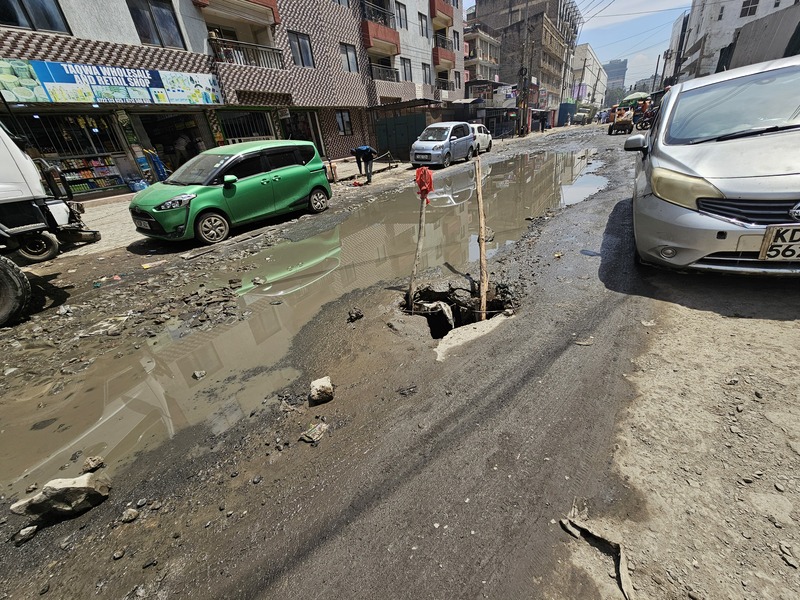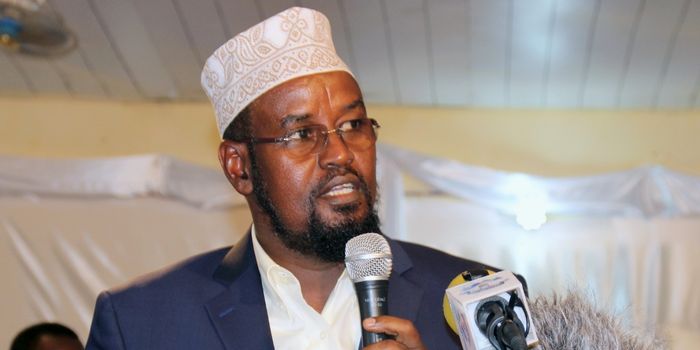UN urges enhanced support for Africa's drought-affected countries
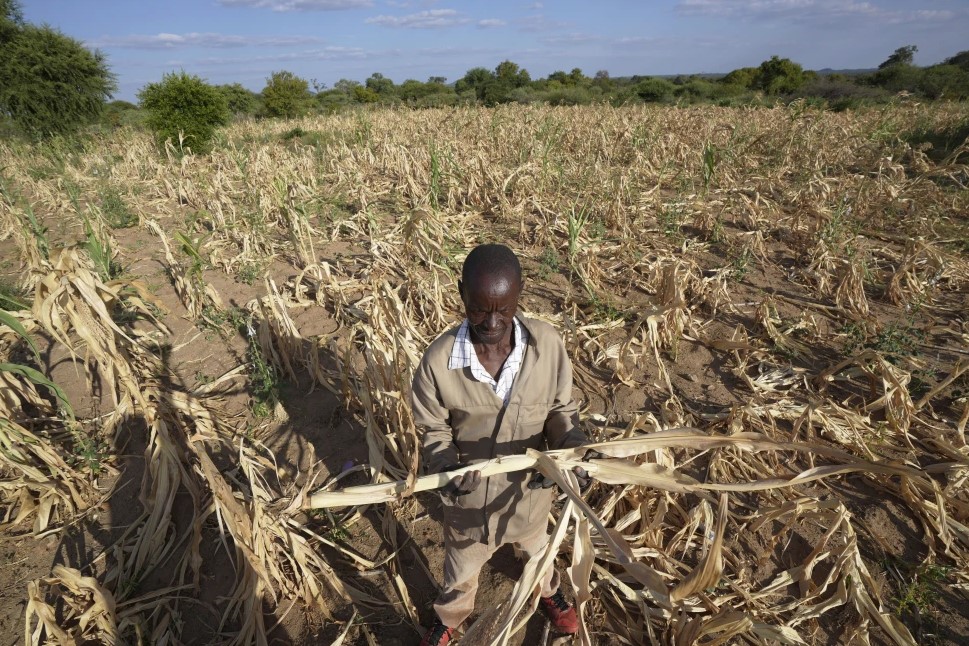
By Yunis Dekow |
The agencies have called on the international community to help ramp up a timely emergency response to support victims of drought in the region.
The United Nations (UN) and the Office for the Coordination of Humanitarian Affairs are calling for more enhanced support for drought-affected people in several African countries.
The agencies have called on the international community to help ramp up a timely emergency response to support victims of drought in the region.
Keep reading
- Urgent agricultural aid needed in Ethiopia to tame food crisis - FAO
- Horn of Africa droughts: How network of groundwater bores could help – study
- Ethiopia humanitarian crisis: UNICEF says 8.85 million children out of school
- Zimbabwe drought: Cabinet says more than half of population will need food aid
According to the Regional Interagency Standing Committee (RIASCO), more than 61 million people in Southern Africa have been affected by drought and other extreme weather conditions caused by El Nino and worsened by the climate crisis, including the most intense mid-season dry spell in over 100 years.
"The region is on the grip of a severe drought with possibly catastrophic consequences unless urgent action is taken to avert further deterioration before the lean season in July," said the regional inter-agency humanitarian coordination in a statement on Tuesday.
The UN and partners call follows the Southern Africa Development Community (SADC) Extraordinary Summit held on Monday in Luanda, Angola to launch the SADC Humanitarian Appeal.
The appeal aims to secure $5.5 billion to provide urgent multi-sector humanitarian assistance to over 56.6 million people, including 3.5 million children who require nutrition support.
The drought has severely impacted regions such as most of Zambia, Zimbabwe, southern Malawi, northern Namibia, southeastern Angola, much of Botswana, Lesotho, central Mozambique, central South Africa, and parts of Madagascar, affecting crop production, livestock, and water supplies.
National disaster
Malawi, Zambia, and Zimbabwe have already declared the drought a national disaster, with more countries in the region likely to do the same.
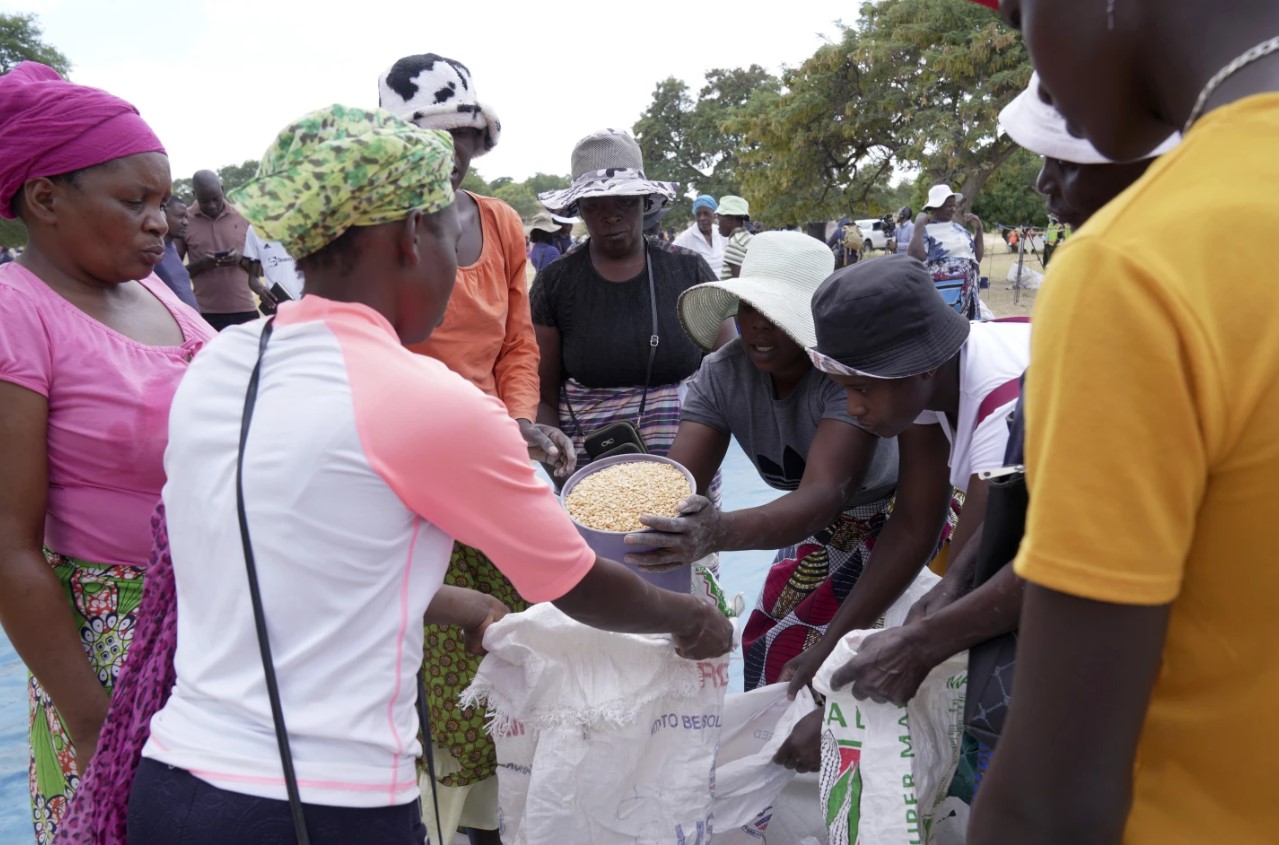 Women during a food aid distribution in Mangwe district in southwestern Zimbabwe on March, 22, 2024. (AP Photo/Tsvangirayi Mukwazhi)
Women during a food aid distribution in Mangwe district in southwestern Zimbabwe on March, 22, 2024. (AP Photo/Tsvangirayi Mukwazhi)
Heavy rains from torrential downpours and tropical storms or cyclones have caused flooding in Madagascar, Mozambique, Malawi, and Zambia, displacing thousands of people. In March 2024, Madagascar declared a national disaster due to Tropical Storm Gamane.
The upcoming lean season could significantly increase food insecurity and acute malnutrition, with water scarcity affecting people, livestock, and wildlife. Women and children face higher risks of discrimination, violence, and exploitation.
The combined impact of drought, floods, and displacement threatens education access and increases school drop-outs, making children more vulnerable.
This severe drought coincides with one of the worst cholera outbreaks in decades, rising food prices in many affected areas, and ongoing challenges with HIV and gender-based violence.
"This drought is hitting communities already enduring consecutive climate and economic crises," said Reena Ghelani, the United Nations Climate Crisis Coordinator for the El Niño/La Niña response.
"Time is of the essence. Unless the response is urgently scaled up, millions of people in the region will face worsening levels of acute food insecurity, malnutrition, water scarcity and various health risks. There is a short window of opportunity to intervene in advance of the lean season in July."
Humanitarian partners are urging donors to help save lives and protect livelihoods, while also enabling communities to build resilience against future shocks.
Priorities for the appeal include food assistance, safe water for both people and animals and agricultural inputs to benefit from the improved rainfall anticipated from the forecasted La Niña phenomenon.






